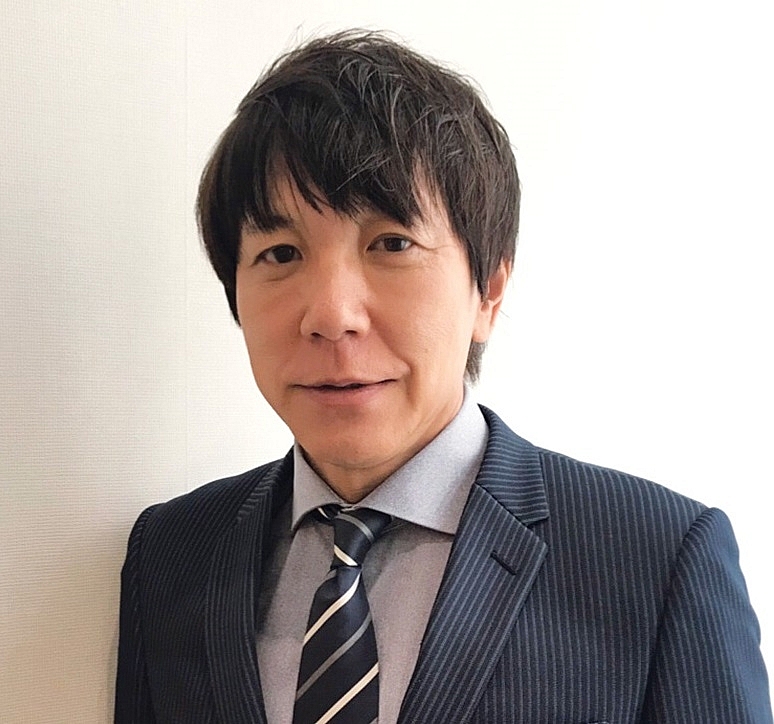Investing perception improving for Japan
 |
| Nakajima Takeo, chief representative of the Japan External Trade Organisation in Hanoi and vice chairman of the Japanese Chamber of Commerce and Industry |
Vietnam’s economy is estimated to grow 4.48 per cent on-year in the first quarter of 2021 despite the pandemic. How important is this to Japanese businesses?
The fight against COVID-19 continued in February and March across the country during the first quarter in 2021. My impression is that Vietnam just about managed to attain the same GDP growth as in the previous quarter.
Specifically, the manufacturing sector was the most active (up 9.5 per cent on-year), thanks to the limited production halt in some cities and provinces, while services are still sluggish (up 3.3 per cent).
Among cities and provinces, the northern province of Hai Duong is an important manufacturing hub in the north for the Japanese business operation. We should be cautious about how Hai Duong’s situation will impact the sector in the second quarter.
Could you compare Vietnam and other regional countries in terms of economic recovery in the period?
Last year was a challenging one for all. Only China and Vietnam attained positive GDP growth among the leading Asian economies, and the Vietnamese government’s priority to tackle the pandemic was obvious and determined.
The new leadership has been inaugurated since last week to make clear the direction of the country. The smooth power transition is another positive aspect of Vietnam to make “business as usual”.
The Japanese business community expects the new government to continue promoting foreign direct investment, improving business climates, and streamlining rules and regulations.
How does economic growth impact Japanese companies’ perceptions of the trade and investment environment in Vietnam now, and do they have any new plans for Vietnam in the post-vaccination landscape?
Firstly, Vietnam is one of Asia’s brightest spots in manufacturing and non-manufacturing for Japanese investors. For manufacturing, recovering export markets is encouraging.
Yet fragile, the United States, Japan, and European economies have witnessed positive results in recent months. Most of the final products of Japanese manufacturers target the US, Japan, and Europe. Domestic businesses have attracted Japanese interest in recent years as well.
A recent survey from the Japan External Trade Organization (JETRO) over Japanese enterprises in Vietnam revealed that 66 per cent of the surveyed businesses think an increase in their revenue in the domestic market is the main reason for their business expansion. In comparison, 49 per cent said an increase in export.
Secondly, the digital space opens new opportunities in Vietnam. Fintech, retail, transportation, healthcare, and education are just a few examples in which Japanese companies are starting to explore investment. JETRO has begun a series of online seminars to connect Vietnamese startups with the Japanese players, and more than 1,200 people joined the events last year.
| Japan ranked second among foreign investors in Vietnam in the first quarter of 2021 with the total registered capital of nearly $2.1 billion, making up 20.8 per cent of the country’s total. The majority of Japanese investment in this period was new, accounting for 70.8 per cent of total Japanese registered capital. Japan is among Vietnam’s four biggest trading partners. Textiles and garments, machinery, means of transport, and seafood are among Vietnam’s groups of “billion-US-dollar” goods exports to Japan. |
What the stars mean:
★ Poor ★ ★ Promising ★★★ Good ★★★★ Very good ★★★★★ Exceptional
Related Contents
Latest News
More News
- NAB Innovation Centre underscores Vietnam’s appeal for tech investment (January 30, 2026 | 11:16)
- Vietnam moves towards market-based fuel management with E10 rollout (January 30, 2026 | 11:10)
- Vietnam startup funding enters a period of capital reset (January 30, 2026 | 11:06)
- Vietnam strengthens public debt management with World Bank and IMF (January 30, 2026 | 11:00)
- PM inspects APEC 2027 project progress in An Giang province (January 29, 2026 | 09:00)
- Vietnam among the world’s top 15 trading nations (January 28, 2026 | 17:12)
- Vietnam accelerates preparations for arbitration centre linked to new financial hub (January 28, 2026 | 17:09)
- Vietnam's IPO market on recovery trajectory (January 28, 2026 | 17:04)
- Digital economy takes centre stage in Vietnam’s new growth model (January 28, 2026 | 11:43)
- EU Council president to visit Vietnam amid partnership upgrade (January 28, 2026 | 11:00)

 Tag:
Tag:


















 Mobile Version
Mobile Version